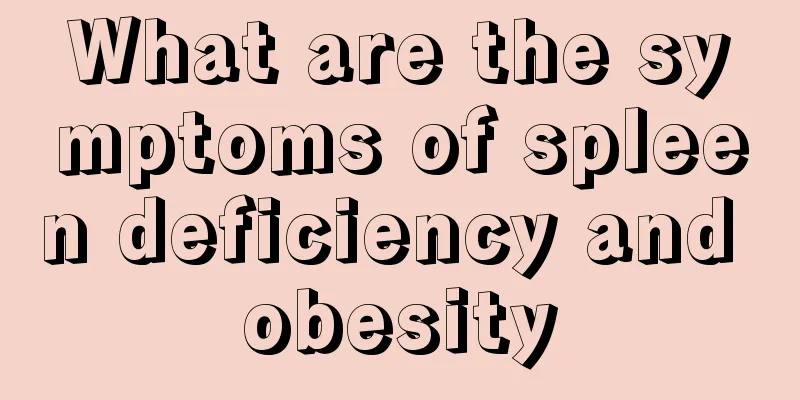My chest feels stuffy and I always want to breathe heavily

|
Feeling short of breath in the chest and always wanting to gasp for air is a symptom of chest tightness. Many factors and diseases can cause chest tightness symptoms. In summary, there are physiological factors, psychological factors, pathological factors or external factors. Different treatment methods are needed under the guidance of a doctor for chest tightness caused by different reasons. Here are four main causes of chest tightness. 1. Physiological factors From puberty, women's ovaries and other reproductive systems begin to develop and mature, secrete estrogen, trigger monthly menstruation and the formation of obvious female sexual characteristics. Chest tightness and shortness of breath are closely related to the level of sex hormone secretion. Young women have vigorous estrogen secretion in their bodies, which leads to thickening of subcutaneous fat. Adipose tissue consumes more oxygen than muscle tissue, so young women will suffer from insufficient oxygen supply to the human body and experience chest tightness and shortness of breath. 2. Psychological factors It is mainly caused by unpleasant emotions such as depression and bad mood. Girls tend to be sensitive in emotions. When they encounter unpleasant things, they tend to sulk and feel unhappy, which often makes them feel chest tightness and shortness of breath. According to psychologists, chest tightness and shortness of breath caused by this reason is the most common. It seems that you have to be open-minded about everything; don't be too picky. 3. Pathological factors Common diseases in women include myocarditis and autonomic dysfunction. Among various types of myocarditis, viral myocarditis is the most common. Women are prone to viral myocarditis after suffering from colds and upper respiratory tract infections. One of the main symptoms of this disease is chest tightness and shortness of breath. Airway obstruction: tumors in the trachea and bronchus, tracheal stenosis, external pressure on the trachea (thyroid enlargement, longitudinal Lung diseases: emphysema, bronchitis, asthma, atelectasis, pulmonary infarction, pneumothorax; Heart disease: some congenital heart diseases, rheumatic heart valve disease, coronary heart disease, heart tumors; Diaphragmatic lesions: diaphragmatic bulging, diaphragmatic paralysis; Fluid metabolism and acid-base balance disorders, etc. Smoking can also cause chest tightness. 4. External factors People often feel chest tightness and fatigue when they stay in a room with closed doors and windows and poor air circulation for a long time, or encounter some unpleasant things, or even have quarrels or disputes with others, or are in a climate with low air pressure. |
<<: I always want to lie down and don't want to move
>>: What disease is the whiteness of the throat wall
Recommend
When inhaling, the nasal secretions contain hair and blood
Everyone has experienced blood in the nose, but d...
What is the use of expired coffee
Expired coffee can usually help eliminate waste c...
What's wrong with the choking in the chest?
Some people often feel choking in the chest when ...
What are the early symptoms of liver cancer
What are the early symptoms of anal cancer? Early...
The best way to lower uric acid, a clever way to tell you
There are many disadvantages of high uric acid, s...
Muscle contraction ability refers to
The ability of muscles to contract is relatively ...
What are the dietary taboos for patients with ovarian tumors?
When ovarian tumors occur, many women actively se...
What are the early detection methods for liver cancer? Introduction to early detection methods for liver cancer
Liver cancer is a malignant tumor. Early detectio...
Will hip-lifting pants work?
Nowadays, more and more people often sit at desks...
What are the causes of colorectal cancer?
Colorectal cancer is a general term for rectal ca...
What can you do with expired eye cream
There are requirements for the usage time of eye ...
What are the symptoms of early gastric cancer
What are the symptoms of early stomach cancer? Th...
What are the conditions for unilateral resection of thyroid cancer
The conditions for unilateral thyroidectomy usual...
Can the cream still be used after it has frozen
The cream should be used as soon as possible afte...
The benefits and effects of liver and gallbladder detoxification
Everyone knows that the main function of the live...









